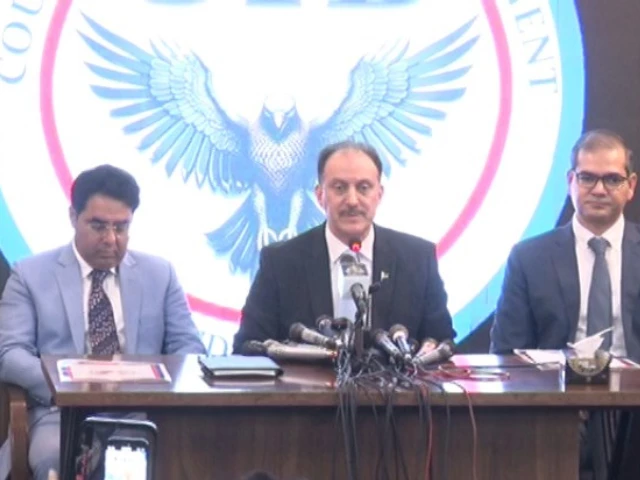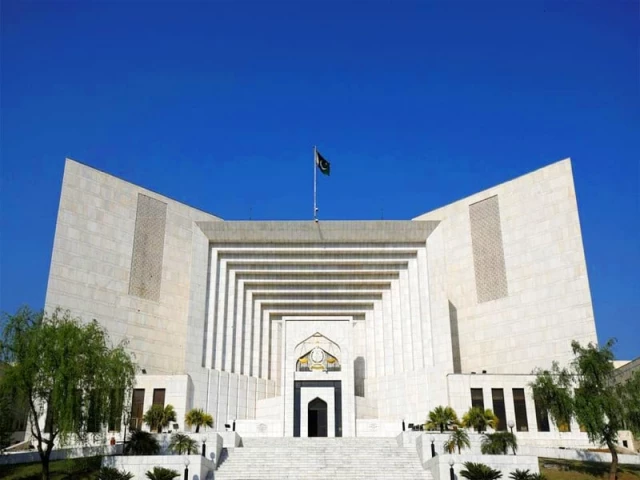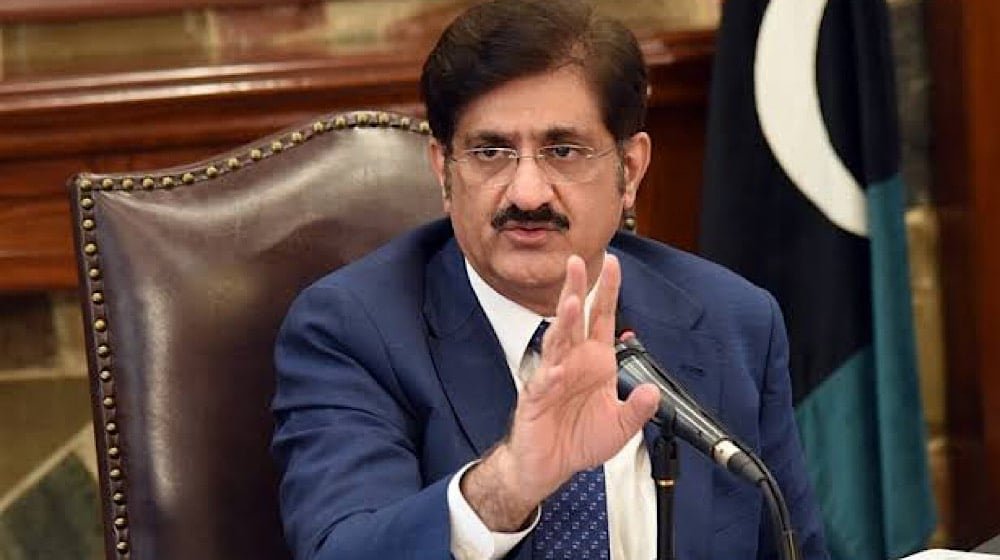Climate Change and Urban Challenges: The Impact on Karachi
Karachi, a bustling metropolis of over 20 million people, recently faced a downpour that many are calling a wake-up call regarding climate change. Mayor Murtaza Wahab highlighted how this recent weather phenomenon is a part of a larger, global dilemma. From the floods in Khyber Pakhtunkhwa to disaster-stricken areas like Gilgit-Baltistan and Azad Kashmir, it’s clear that extreme weather events are becoming more common, and Karachi is not immune.
During a press conference, Wahab addressed the pressing issue of Karachi’s inadequate stormwater drainage systems, which can only handle up to 40mm of rainfall at a time. Unfortunately, when the rain exceeds this limit—as it did recently—the consequences become dire. The city experienced not just one, but two spells of torrential rain in a single day, resulting in significant challenges for its residents.
The statistics are grim: Manghopir recorded a staggering 235mm of rain, while areas across the city collectively received over 170mm in just 12 hours. The aftermath saw roads submerged and an increase in traffic jams, making it even harder for rescue operations to take place. Wahab urged citizens to avoid unnecessary travel, emphasizing that maintaining traffic flow is crucial for effective rescues.
What’s more troubling is that the tragedy tied to Karachi’s rainfall often stems from systemic failures rather than nature alone. A startling number of lives were lost, primarily from electrocution and building collapses—hardly an act of God, but rather a result of poor urban management and decayed infrastructure. Streets overwhelmed with garbage, weak housing structures, and exposed wires paint a grim picture of the city’s vulnerability to such preventable disasters.
The comparison to northern Pakistan, where flash floods triggered by heavy rains have caused landslides, presents a stark contrast. While nature is indeed powerful, it begs the question: Are we doing enough to prepare our urban spaces for these looming threats?
As discussions continue about climate change and urban preparedness, it’s clear that awareness isn’t enough. We must implement actionable strategies to improve infrastructure and ensure the safety of our citizens. Initiatives focused on environmental protection, better waste management, and city planning are essential.
If you’re interested in diving deeper into how urban strategies can address climate change and support vulnerable communities, don’t hesitate to reach out to us at Pro21st. Together, we can explore solutions that foster resilience in our cities.
At Pro21st, we believe in sharing updates that matter.
Stay connected for more real conversations, fresh insights, and 21st-century perspectives.





